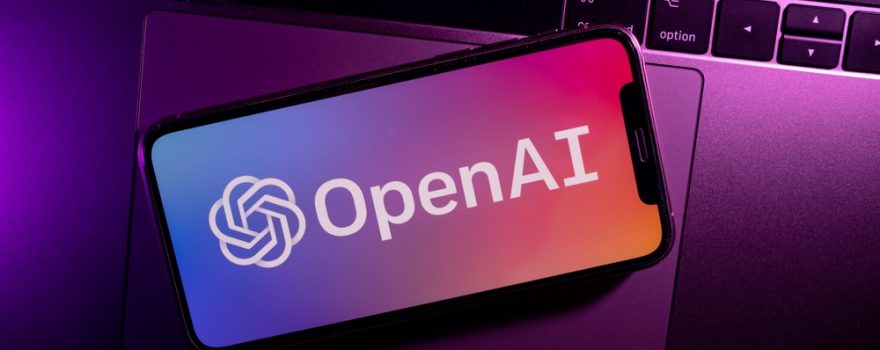
OpenAI, in collaboration with News Corp, has embarked on a groundbreaking five-year agreement. This pact, announced against the backdrop of intensified scrutiny faced by Microsoft, OpenAI, and Google, heralds a new era of AI training with access to copyrighted content.
According to a report by The Wall Street Journal, the deal between OpenAI, the innovator behind ChatGPT, and News Corp, the global media conglomerate, is estimated to be valued at a staggering $250 million over five years. Under the terms of the agreement, OpenAI gains unfettered access to both current and archived content from esteemed News Corp publications, including but not limited to The Wall Street Journal, the New York Post, the Times, the Sunday Times, Barron’s, and MarketWatch. This access is intended to enrich OpenAI’s products, particularly its AI models, by integrating content from these prestigious mastheads into responses to user queries.
In addition to content access, News Corp pledges to provide invaluable journalistic insights to uphold the highest standards of journalism across OpenAI’s offerings. While the specifics of the deal regarding editorial and opinion content remain undisclosed, it poses questions about the future model of ChatGPT, particularly in terms of its accessibility and potential monetization.
OpenAI’s recent spree of partnerships extends beyond News Corp, encompassing collaborations with media heavyweights such as The Associated Press, Axel Springer, Prisa Media, Le Monde, the Financial Times, and even the social media platform Reddit. These alliances underscore the insatiable demand for AI training data and the pivotal role of media corporations in fulfilling this need.
However, the News Corp deal distinguishes itself by granting OpenAI the unprecedented ability to utilize news content directly in responding to user queries. This marks a significant departure from conventional licensing agreements, signifying a paradigm shift in AI training methodologies.
In a statement, OpenAI’s CEO, Sam Altman, hailed the agreement as a transformative milestone for both journalism and technology. Yet, amidst these strides, contentious issues surrounding data ownership persist. The New York Times, for instance, has taken a confrontational stance by suing OpenAI and Microsoft for unauthorized data usage, signaling potential clashes between traditional publishers and AI behemoths.
Moreover, the ramifications of the News Corp deal extend beyond mere technological advancements. Reports suggest imminent layoffs within News Corp, sparking concerns about the impact of such agreements on journalistic integrity and employment stability.
As the partnership between OpenAI and News Corp unfolds, it beckons a new era where the boundaries between technology and journalism blur, raising profound questions about data ownership, ethical AI practices, and the evolving landscape of media conglomerates.

 Get in Touch
Get in Touch 


